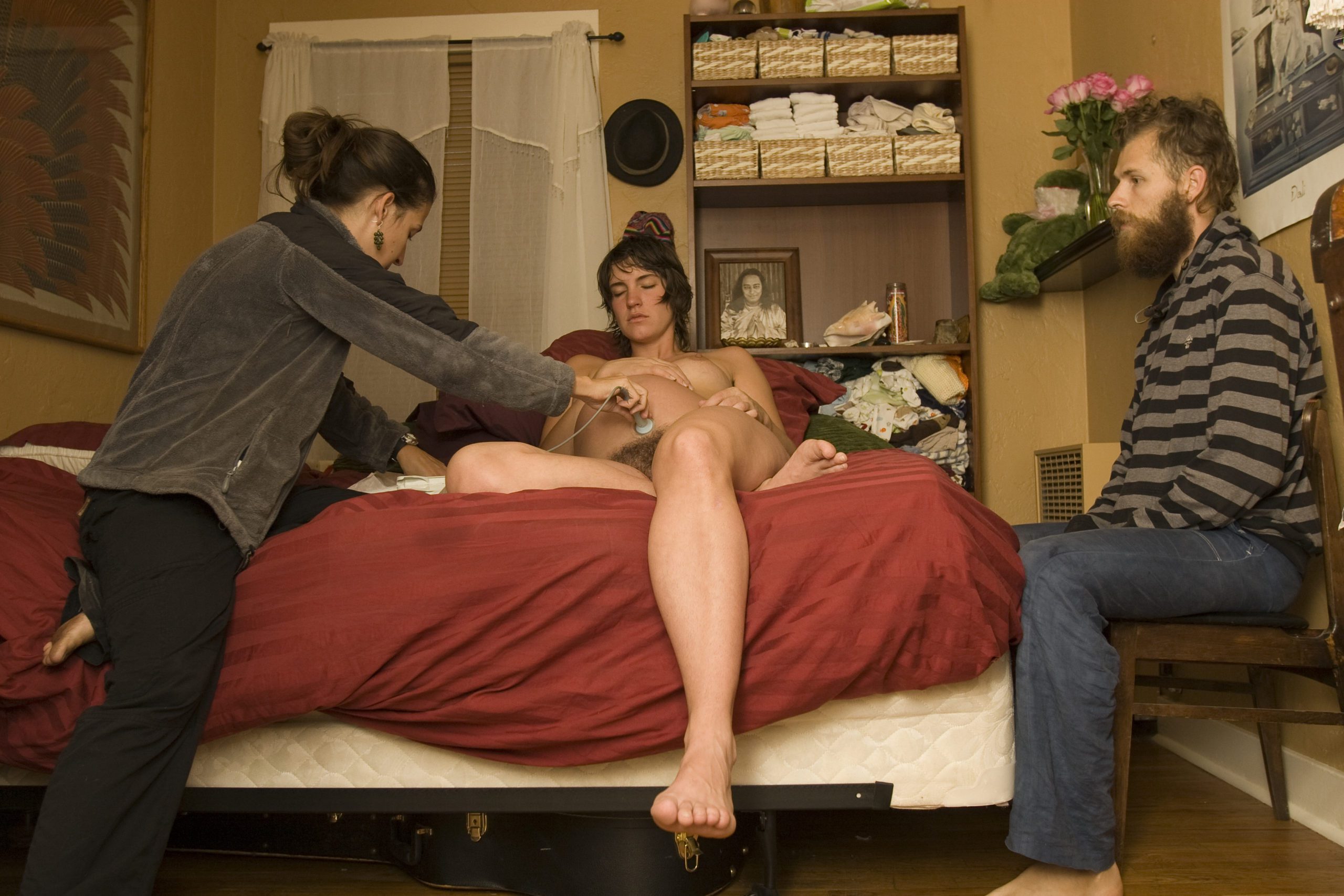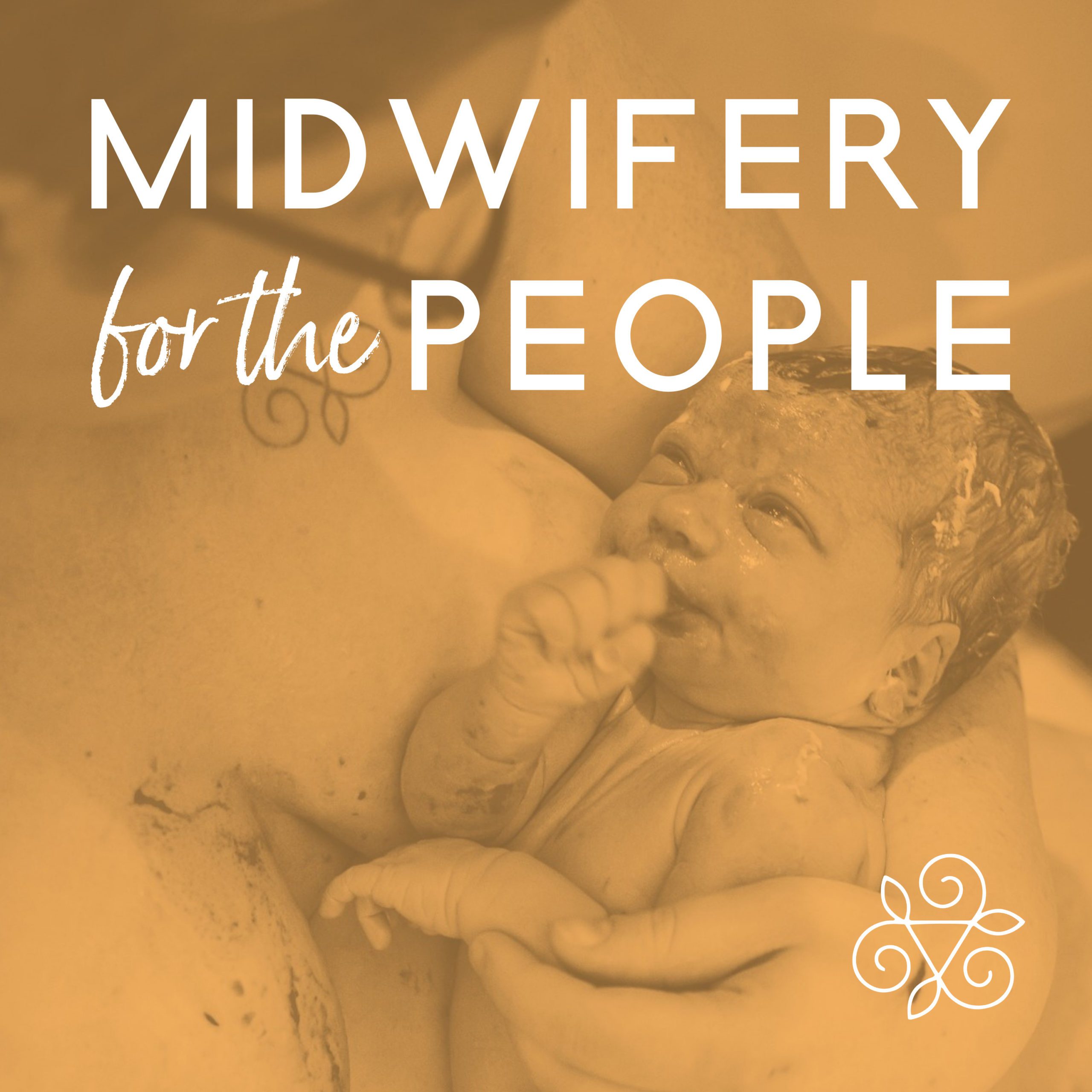Did you know that midwives can provide incredible preconception care, too? It is something that most people don’t take advantage of, and in efforts to really serve the community across the lifespan (like midwives have done for forever), I wanted to give some breathing room to this topic. In this post I’ll tell you about the 4 most common types of preconception consults I do, the kind that I WISH I did more of, the right questions we should be asking women before they conceive, and which benefits of preconception care I think are the most important.
4 Common Types of Preconception Consults
1. Someone who is already super knowledgable about conscious conception (clue: they probably have a copy of Janine Parvati Baker’s book) and the birthing year. They are looking for any last little ideas they may have missed, and desire a healthy dose of emotional support as they embark on this long awaited journey. This is perhaps a midwifery interview in disguise, ha!
2. Someone who wants to debrief their previous birth story or stories, and make a game plan for how a next pregnancy and birth might be able to be different (I want them to have a copy of Healing After Birth by Jennifer Summerfeldt)
3. Women who have been trying to have a baby for some amount of time and have either not conceived yet. They usually want a midwifery (non-medical) perspective, and a kind listening ear. With these women I get a full history, give a crash course in fertility awareness to help them understand if they are indeed ovulating, give them books like The Fifth Vital Sign as well as Garden of Fertility, talk about an optimal fertility diet, and give space for them to talk about next steps. I am not a reproductive endocrinologist but I do have a basic understanding of fertility workups and options that I can share, and then hold space for a conversation around that.
4. Someone who has experienced a pregnancy loss or losses. I hold space for their stories and experiences, help them understand what happened (if there is anything to understand), and talk about what to expect with a next pregnancy. We explore the emotional aspects of trying to conceive after loss, and pregnancy after loss. I am able to point people towards resources and additional lab work that their regular provider (if they have one) might not have offered, but might be beneficial. I can also order basic labs like progesterone levels.
Each of these scenarios is an honor to work with, and much can be gained through these types of visits.
The Preconception Consulting I WISH I Was Doing More Of
One type of preconception counseling that desperately needs to happen more is among those who are NOT prepared, have perhaps not been taking loving care of their bodies, and have little to no idea what to expect upon finding out they are pregnant. Spoiler alert, this is the case in many if not most pregnancies.
Optimizing health prior to conception has the ability to prevent many issues in pregnancy, birth and the postpartum, ranging from mild nuisances to heartbreaking loss. For example, in their preconception care policy document, the WHO says that “estimates indicate that eliminating smoking before or during pregnancy could avoid 5–7% of preterm related deaths and 23–24% of cases of sudden infant death syndrome.”
The biggest barrier to making high quality preconception care a reality is that our culture doesn’t value it. Many cultures took pregnancy very seriously, as detailed in Weston A Price’s work, which showed that in many cultures, women were fed special nutrient dense foods to prepare for a healthy pregnancy, and it was truly a community effort. Here in the US, pregnancy is seen as a temporary and inconvenient novelty, because women in our culture are largely disembodied and we have forgotten our ancestral knowledge. Doctors act like supplementing folic acid and doing some blood work is all there is to pre-conception care (and blood work might be a good idea, but it is far from the only support possible!). There is no formal or ritualized way that preconception care is embedded into mainstream medicine so most women never get more than a pamphlet.
Asking the RIGHT Questions
So much of the literature looking at preconception care focuses on labels and associations that I think are worth questioning. Do women who are overweight really have poor outcomes because they are overweight, or is it because many of them are overweight due to some other factor like poor access to nutritious foods, walkable neighborhoods, or being under chronic and debilitating stress? If we were able to control for those latter variables, would those outcomes look different? I think so. Preconception care isn’t so much about labeling people and trying to change that label prior to pregnancy – I think preconception care is about helping women begin pregnancy with optimal health for themselves as they define it, way beyond any of those labels, by asking the right questions.
So what are the right questions? Here is a short list of them! How much time does she have to herself? What does she love doing creatively in her life? When is the last time she spent time with close friends doing something fun? Does she eat mindfully? What are some ways she loves moving her body? How is her partnership? What is her spiritual life like? Does she spend time in nature? These are the questions that I want to ask at a preconception appointment!
The Social and Emotional Benefits of Preconception Midwifery Care
Beyond the physical benefits that preconception care could have, it is the social and emotional benefit that would be the greatest. Can you imagine how different pregnancy and birth would look if women met with a midwife a few times before conceiving? She would be encouraged to trust and listen to her body, be given practical, every day ideas to promote her well being through food, herbs, and movement, and most of all, she could begin to unravel the cultural narratives about birth BEFORE getting pregnant. I often think that if someone wants to learn about birth, and they’re already pregnant, it is probably too late. It ends up being an information scramble at a time when it would be more ideal to be relaxing and deepening a trust in the process we already had pre-dating pregnancy.
Will you tell me in the comments what you wish you had known or had support around prior to becoming pregnant the first time? I’d love to hear from you!





Thank you for this post. It’s so important.
I so agree with the importance of preconception care. In my practice, I work on healing wound patterns and changing the belief around pregnancy, birth and parenting.
I feel so aligned with the work you are doing in the world.
I wish I understood + valued my body and the role health holds to your baby’s development and the way you feel. They don’t teach a mind ,body , baby connection in sex Ed. Haha